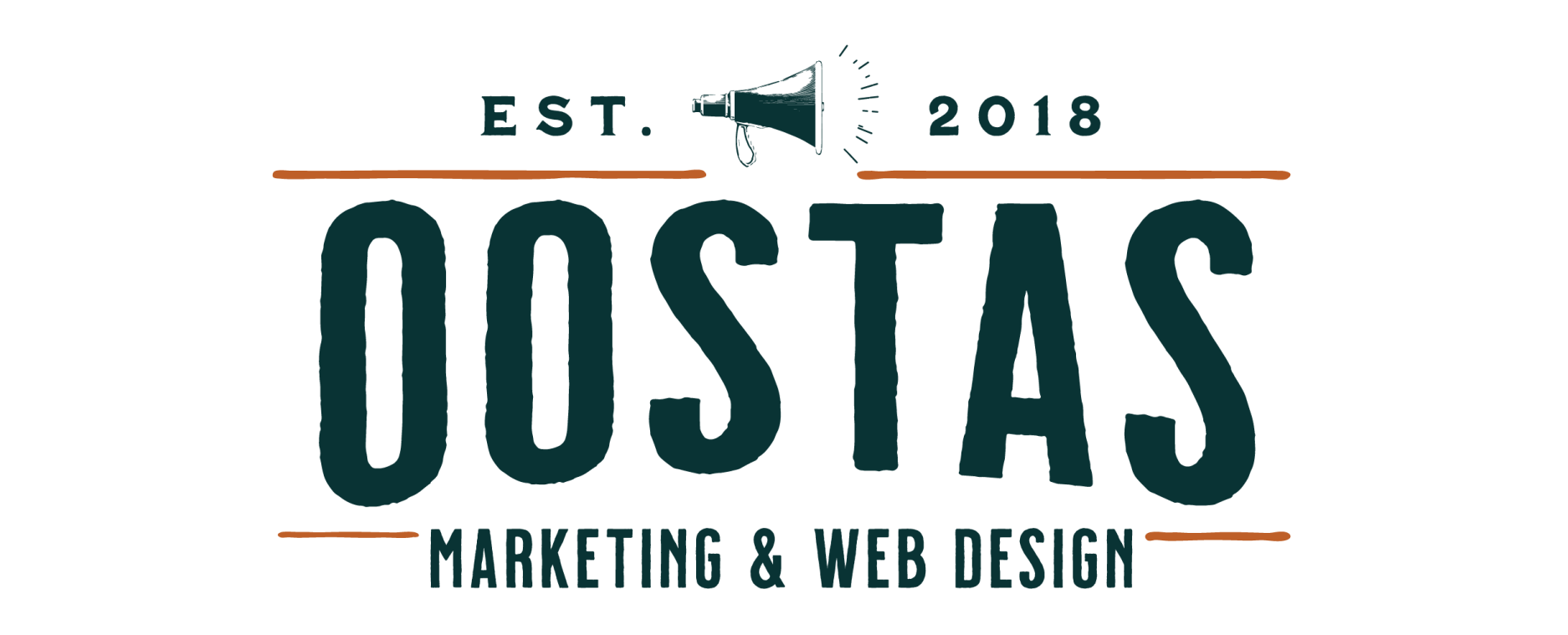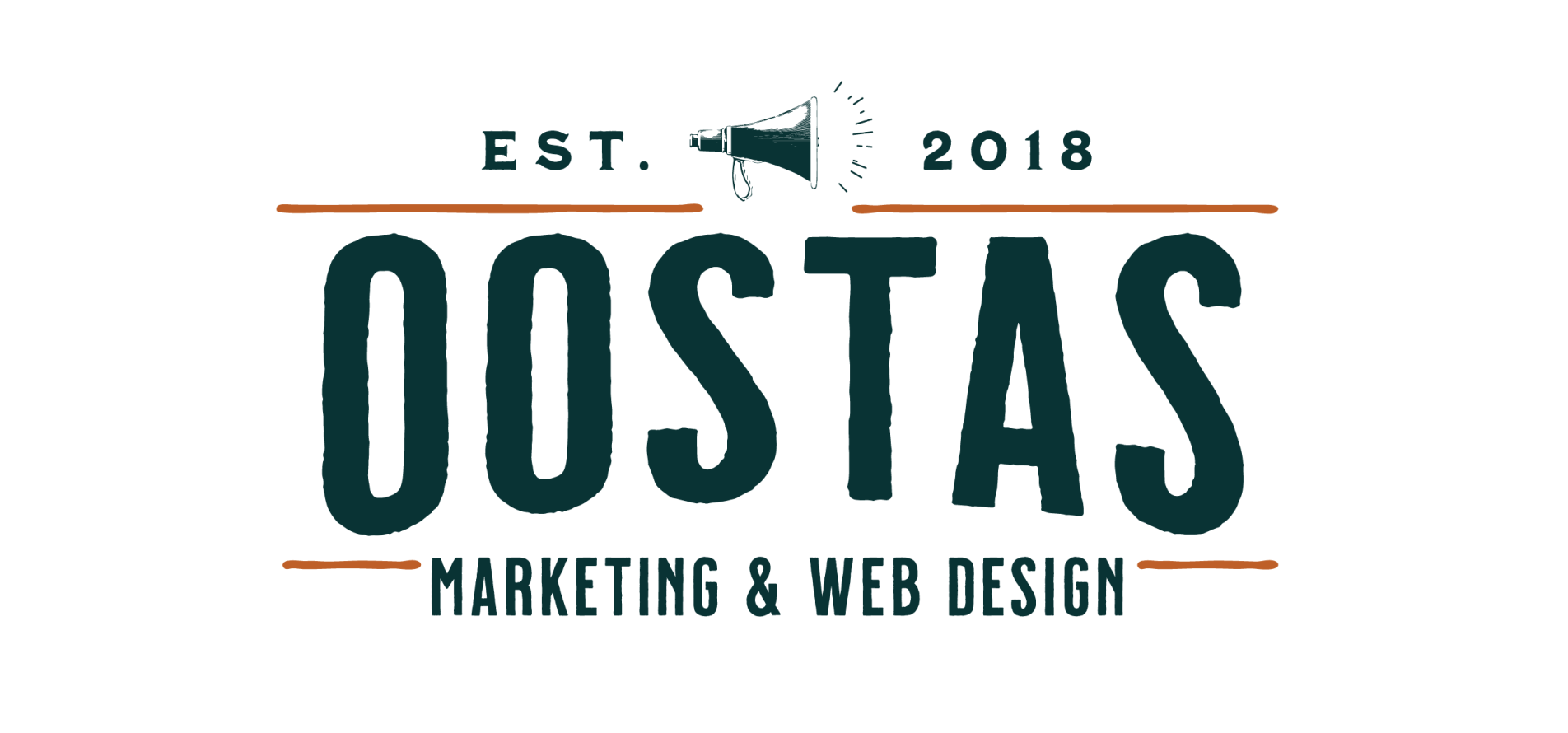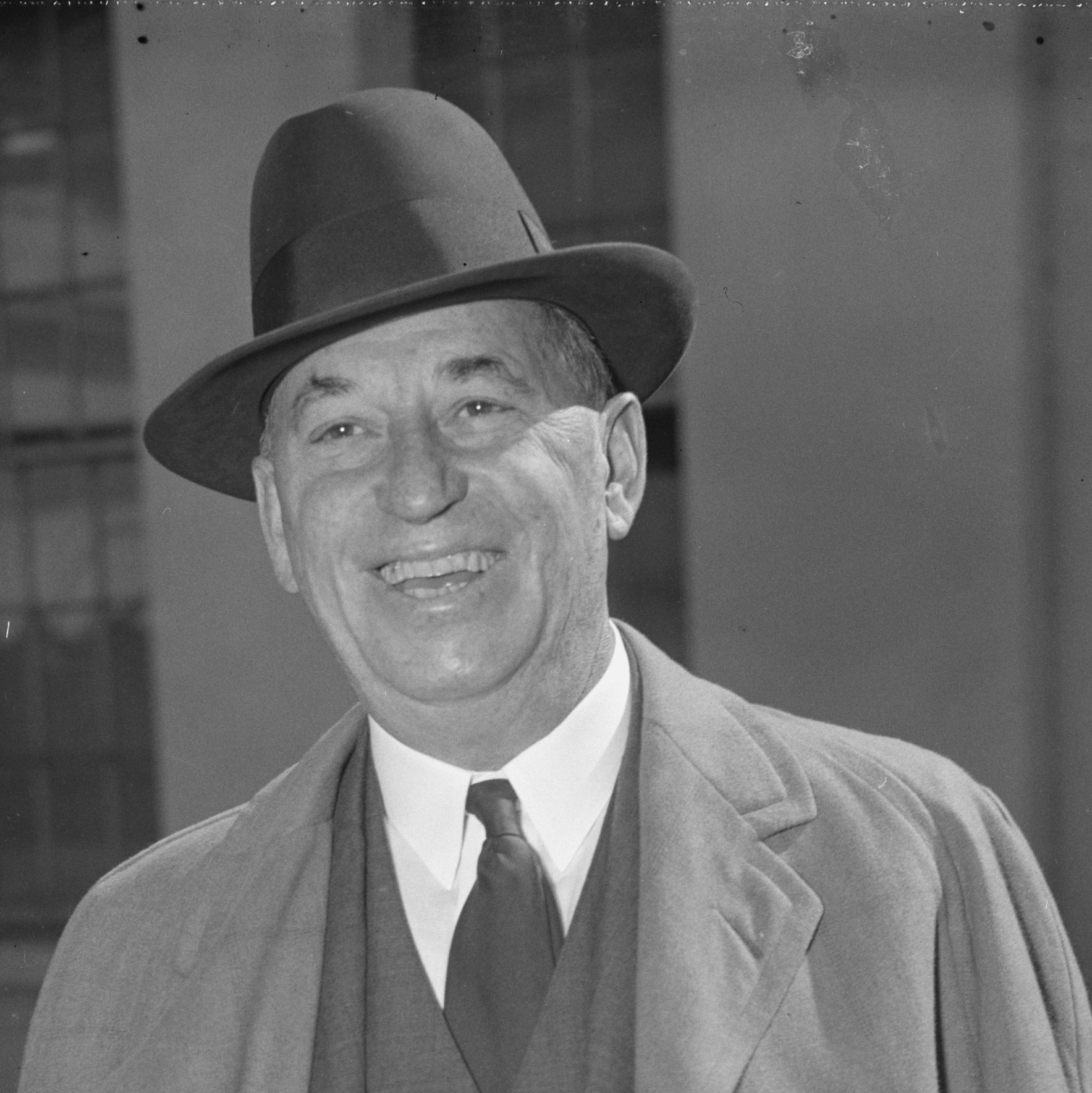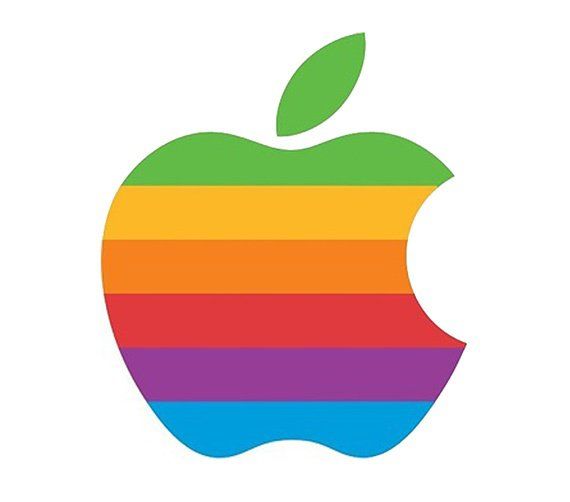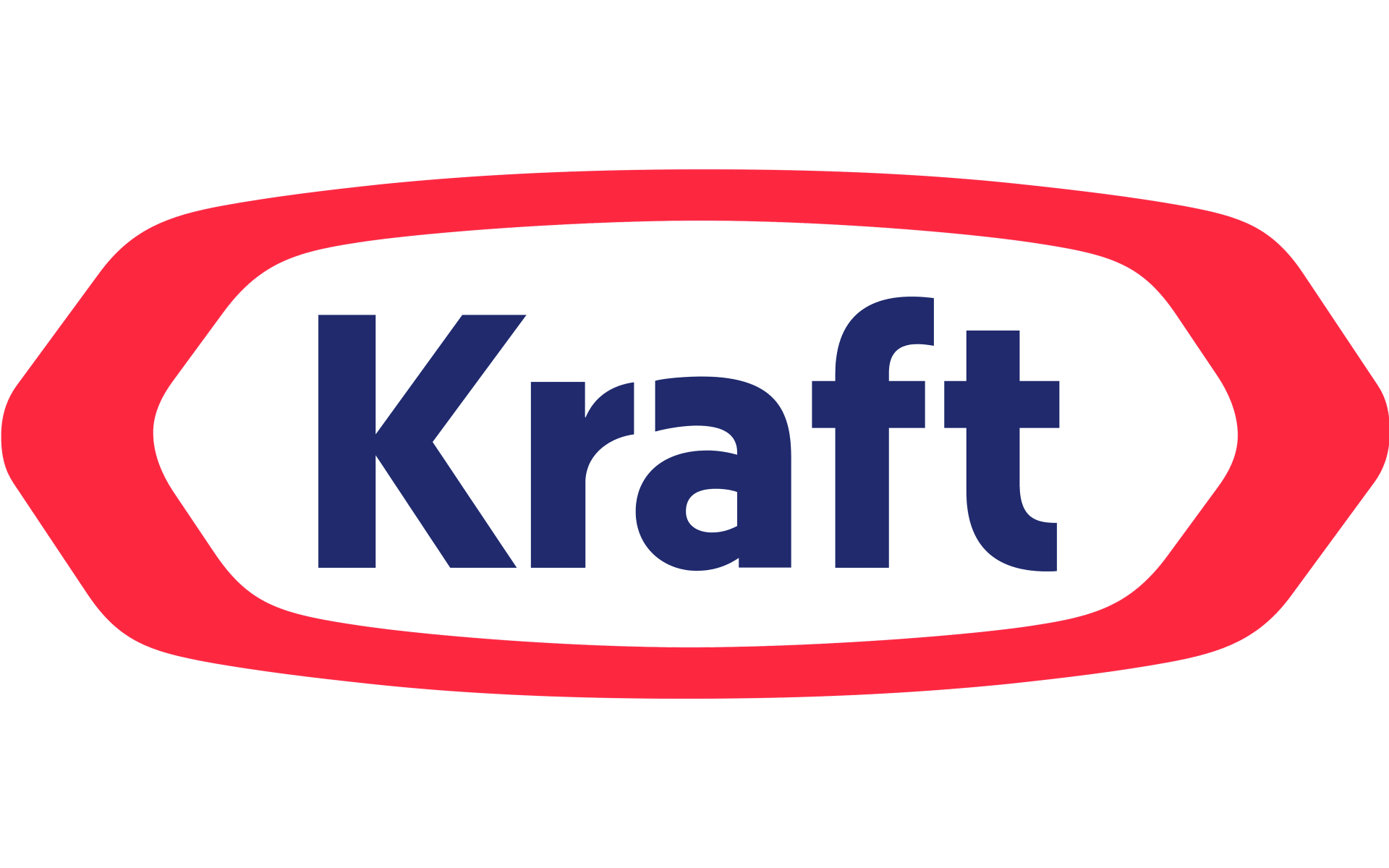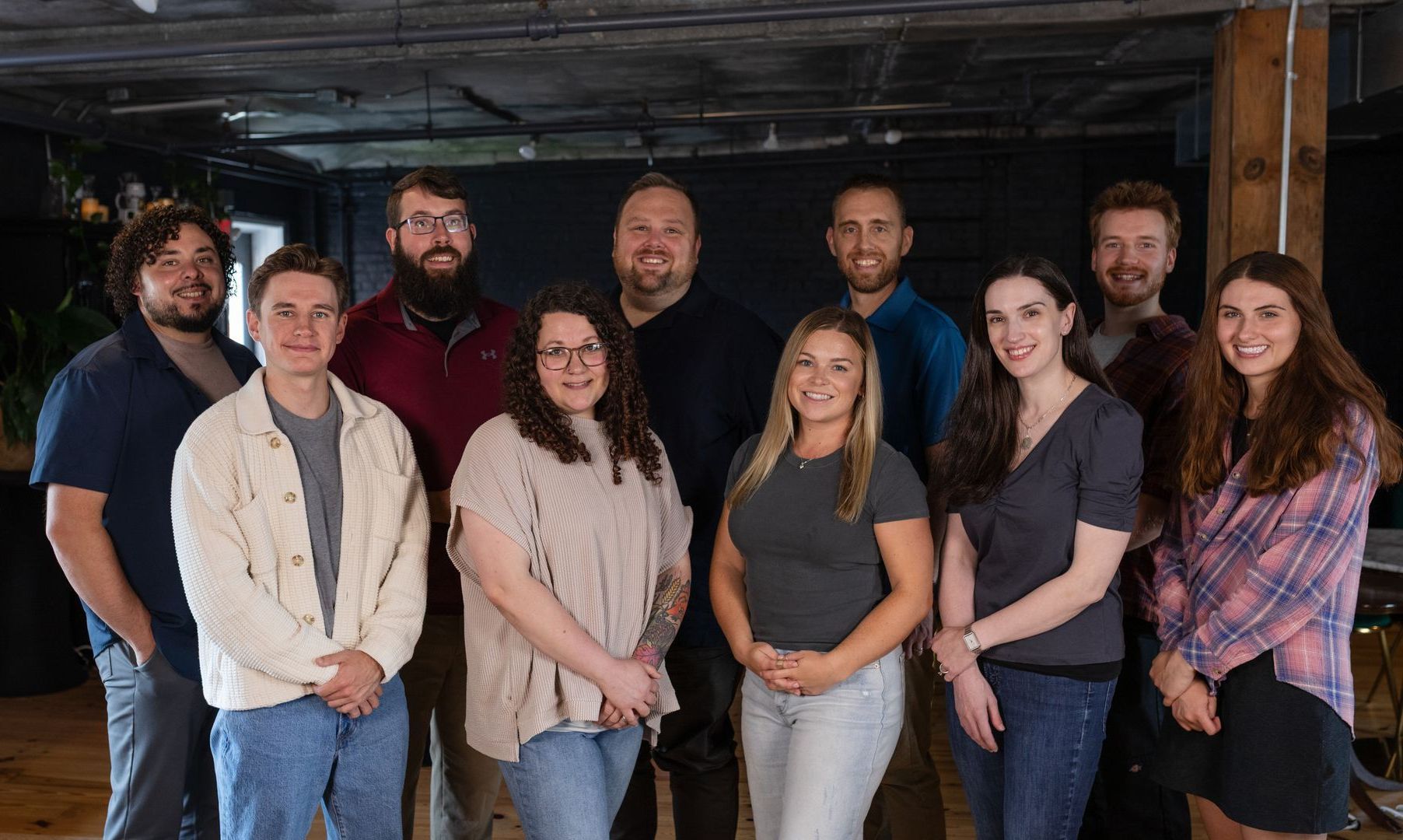Thriving In Business During Crisis
Adam Kirk • 18 March 2020
Let's learn from successful businesses throughout history.
Historically, business men and women who expanded their marketing efforts during hard financial times are the ones that not only survived but thrived - both during and after difficult economic times. Let's take a look at some of them and gain some inspiration.
William Kellogg
Before the Great Depression, companies Kellogg's and Post were the market leaders for packaged cereal. It was still a relatively new market since most Americans couldn’t see past oatmeal and cream of wheat until the twenties. When the Great Depression hit, no one knew what would happen to consumer demand. Post did the predictable thing: it reined in expenses and cut back on advertising. But Kellogg's doubled its ad budget, moved aggressively into radio advertising, and heavily pushed its new cereal, Rice Krispies. By 1933, even as the economy cratered, Kellogg’s profits had risen almost thirty per cent and it had become what it remains today: the industry’s dominant leader.
Walter Chrysler
Chrysler’s outside-of-the-box thinking during the Great Depression is a classic example of bold leadership during crisis. Chrysler had been the third player in the U.S. auto industry, behind G.M. and Ford. But early in the economic downturn of the early 1930s it gave a big push to a new brand - Plymouth - which targeted the low end of the market, and by 1933 it had surpassed Ford to become North America’s second-biggest automaker.
Let's take a look at a few other businesses who have persevered in the midst of great challenges, only to come out thriving on the other side.
Apple debuted the iPod just one month after September 11, 2001.
Kraft introduced Miracle Whip in 1933 during the Great Depression, and saw it become America’s best-selling dressing in six short months.
Texas Instruments made a huge partnership and brought out the transistor radio during the 1954 recession.
Groupon launched in the middle of the economic crisis in November 2008 yet saw incredible growth. Why? Because it provided for a huge felt need consumers had at that time.
Academics Peter Dickson and Joseph Giglierano argued that in times of crisis, companies have to worry about two kinds of failure: “Sinking The Boat” (wrecking the company by making a bad bet) or “Missing The Boat” (letting a great opportunity pass). Most companies are more concerned about sinking the boat than they are about missing it.
There are plenty of studies done over the last 100 years revealing that companies who continue researching, buying and advertising during a hard financial time do significantly better than those that make big cuts. However, it’s also completely understandable why some companies choose to hunker down, cut spending and wait for the good times to return. There is no cookie-cutter answer, especially for small businesses.
Our encouragement to you would be to not act out of fear and to seek wise counsel from those you trust.




